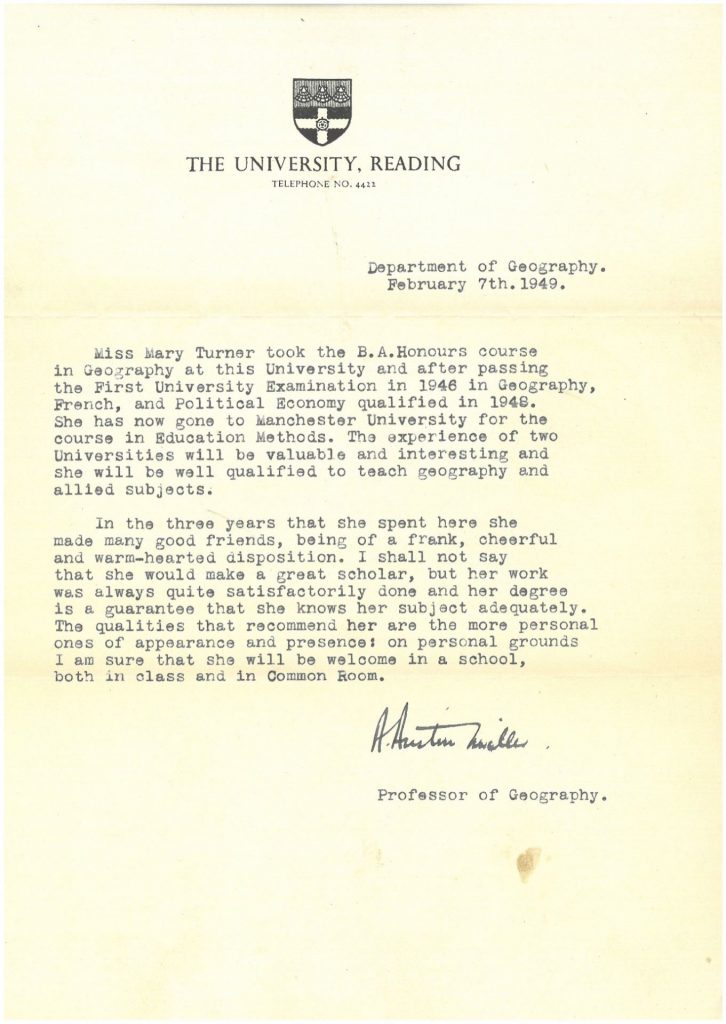LGBT+ History Month – ‘Round up’
There was a lot of activity across the University in February for LGBT+ History month. Here are some of the highlights to keep your LGBT+ inclusion going beyond the major celebratory months.
What is LGBT+ History month and why is it important?
LGBT+ History Month happens in February every year in the UK. It is important that we celebrate LGBT+ history to recognise and celebrate the contributions and achievements of LGBT+ people throughout history. Some historical figures could not be openly ‘out’ in their own time (Oscar Wilde, for example) and for this reason it is important to celebrate them today and recognise them as their whole selves.
The LGBT+ community also have a long history of having to fight for human rights. Still today, 70 countries criminalise same-sex relationships. This map shows the stark reality of current global rights for LGBT+ people, which makes it even more important that we critique, as well as celebrate the community’s history, and by doing this, we can look ahead to the future.
The Library’s D&I resources
A message from Tim Chapman, D&I Lead, Library.
“Our online reading list system, which is widely used by academic staff for most taught courses across the University, has been of huge benefit to students since we adopted it in 2015. It gives direct links to the library catalogue and instant access to any material available to us online.
We are also able to develop bespoke reading lists such as this one - highlighting some great YA and Children’s material that we hold in the library, covering a range of LGBTQ+ issues and themes. Check it out.
Our online reading lists enable us to get the broadest reach possible and they help us to widen readership, which from a diversity perspective, must be a positive thing.
We also produce a reading list that keeps track of all the material purchased from our Diversity Fund. Anyone can suggest a purchase that relates to any of our diversity and inclusion themes (LGBTQ+, race & ethnicity, disability & inclusion). It’s a great way for you to help us to shape your Library’s collections.
If you want more information, or to suggest a book for purchase, contact your School Academic Liaison Librarian here.”
Prepster: PrEParing and HIV
Dr Will Nutland, co-founder of prepster, talked about why testing for HIV is important, who should be thinking about testing, and how frequently. He talked to us about how testing has changed over time and in addition, talked about the available options -including PrEP for those who are negative and new options for those folks that test positive for HIV.
Re-watch the event here: Prepster:PrEParing and HIV
‘Ice and Fire’ – a rehearsed reading and Q&A
Brought to us by Dr Ruvi Ziegler, Chair of the LGBT+ staff network on Wednesday 02 February. Prior to the reading, between 2-2.45pm, there was also an asylum mapping workshop open to interested law students and staff.
The event was a rehearsed reading of LGBT+ asylum testimonies by Ice and Fire followed by a Q&A moderated by Sebastian Aguirre, Director of Actors For Human Rights (a queer human rights activist and theatre practitioner from the Chilean refugee diaspora in the UK), with Ruvi Ziegler and a representative of the Reading Refugee Support Group.
Here is tweet about the event as well as some photos
LGBTQ+ Britain through Bishopsgate institute collections
Stef took participants at the university on a virtual tour of the collections at the Bishopsgate Institute, talking about the history of LGBT+ Britain. Covering many topics and moments over last 50 years in a light-hearted fashion for all the University Staff and Students.
Watch it again below:
LGBTQ+ Britain through Bishopsgate institute collections
LGBT+ History Month Whiteknights Campus trail
The Central Diversity and Inclusion team released a University of Reading ‘talking or walking tour’, in collaboration with the LGBT+ Staff Network.
We reached out to the Diversity and Inclusion leads across the University and asked for an LGBT+ figure who they associate with their School, Function, or field of study. We collated these figures and mapped out a route through the University’s Whiteknights Campus.
Some departments are not located on Whiteknights campus, and these have been added at the end so that you can learn about the historical figures, without travelling to those locations physically.
Colleagues can listen to an audio version, read about the icons, use the ‘map’ to physically familiarise themselves with Whiteknights campus buildings and departments (and LGBT+ History).
Listen to/watch the presentation here: Whiteknights_campus_LGBT_tour_2022.mp4
Whiteknights Campus map here Campuses Map & Key (reading.ac.uk)
We also ran training including an LGBT+ Ally recruitment and information session. You can still sign up to our Trans inclusion training, as it is at the end of March:
Trans inclusion training
Thursday 31st March 2022 – 10am-12pm (via Microsoft Teams)
















